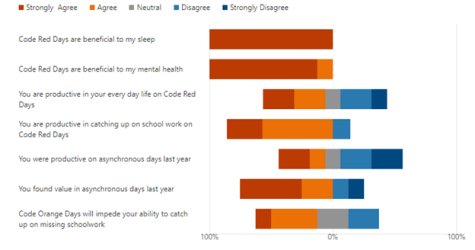How Modern Television Poorly Portrays ASPD
March 8, 2021
T.V. is something that people listen to and relate to, whether it is the Food Network or Nickelodeon. People can always find a way to connect to a T.V. show and often some shows portray mental health issues, and some even glorify it. Antisocial Personality Disorder (ASPD) is a mental disorder where a person shows no regard for right or wrong and ignores others’ rights or feelings. Serial killers such as Jefferey Dahmer and Ted Bundy were known to have had ASPD and many other criminals.
Many T.V. shows, such as “You”, have characters who show symptoms of ASPD. These shows tend to make a lot of money off it but unfortunately, the writers tend to glorify this horrible disorder. They like to promote this disorder and it will encourage viewers to relate to this, because they make them intelligent, attractive, and charismatic. But it also gives viewers false information on ASPD by convincing the viewers that people with ASPD are always smart and charismatic.
Jefferey Dahmer and Ted Bundy received hundreds of love letters from fans who have fallen in love with them during their trials. These letters have led to many movies, such as “Extremely Wicked, Shockingly Evil, and Vile”; a movie is centered around Ted Bundy’s girlfriend, who did not believe the truth about him. This movie is one of many examples of writers making money and romanticizing ASPD. However, this movie is a true story based on Ted Bundy’s trial’s actual events.
“You” is a popular show on Netflix about a man named Joe who falls for a woman that comes into his store; this meeting soon turns into a twisted obsession with this girl. Joe has the characteristics of a person with ASPD, but the writers glorify and romanticize it. They made Joe’s character intelligent, charismatic, and attractive. They made it seem as though ASPD is a characteristic trait that only benefits the people who have it.
All in all, it would be more beneficial if writers would think about how they write characters with ASPD and how they should act and feel without making them out to be the ideal person.










